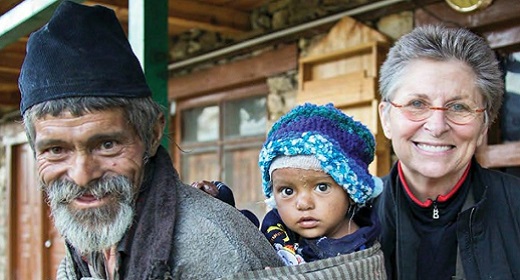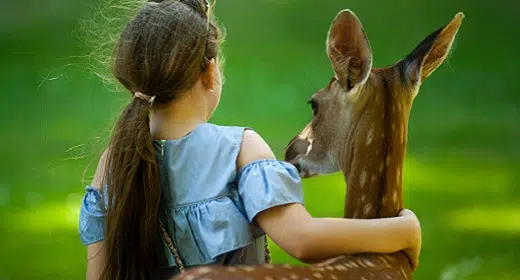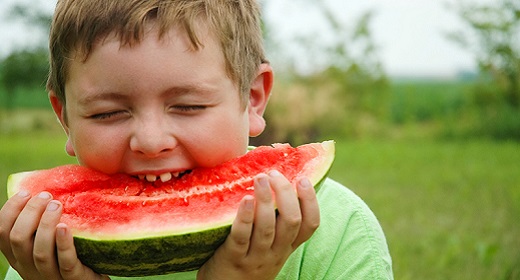by Megan Larson: Empathy is defined as the ability to take the perspective of and feel the emotions of another person…
In my experience working with children, I have seen that until a child can feel empathy for themselves, they struggle to offer it to another. Compassion is when those feelings and thoughts include the desire to help. Having an altruistic motivation to help others is natural to who we truly are. However, at times that can become clouded.
Recent events in the news have brought the importance of empathy and compassion to the forefront of my mind. In any tragedy where there is an act of violence, everyone involved is a victim. Any person who commits an act of violence is suffering so immensely they don’t know how to handle the energy of violence inside themselves. We have to acknowledge that the potential is there for acts of violence when we look into the eyes of any child who is disconnected, lost and confused. Without connection, intervention and compassion that child may never learn how to handle turbulent emotions.
Over the years as a child therapist I have worked with many children who have been emotionally shut down, lost and angry. These children have acted out towards others in ways that was hurtful, often in an attempt to communicate and unload some of their own pain. Although the range of circumstances causing many of their symptoms is unique, a shared experience of human suffering is expressed.
Thankfully, these children, with intervention and support by their loved ones, learn how to navigate feelings of anger, shame, fear and despair. As their feelings are normalized, they are able to bear witness to their emotions. Being able to feel empathy for themselves and their predicament is a vital ingredient in the healing process.
Ways to Foster Empathy and Compassion
1.Model Empathy
Show empathic responses to other’s experiences and circumstances, especially hardships, judgments and injustices.
2.Practice “Just like me” reflections
Pick a person you know and examine how that person, just like you, has conflict with loved ones, worries, dreams and challenges. Communicate what you discover with your child and have them explore for themselves.
3.Share about the projective progress
Explain why others may engage in bullying. Teach your child about projection (the process of displacing one’s feelings onto a different person.) This allows a child to see that others show us what they are feeling by their words and actions. When someone is connected with who they are, the last thing they would do is cause suffering to another.
4.Have children care regularly for a pet or plant
Positive relationships with animals or plants can aid in the cultivation of care in for others, and can help in developing non-verbal means of communication.
5.Teach children Metta loving kindness meditation
Metta is the cultivation of loving kindness for one’s self, for a good friend, for a ‘neutral’ person, for a difficult person, and for all beings. It is vital a child is taught how important loving kindness is for all.
Children learn by observation. They look to us adults for understanding of how to be in relationship with themselves and others. We can help them develop healthy confidence by extending kindness to our selves when we make mistakes, get things wrong or experience difficulties. Often children think that adults and others around them have all the answers. Showing children that life is for learning and growing can be liberating for them.
“This is my wish for you: Comfort on difficult days, smiles when sadness intrudes, rainbows to follow the clouds, laughter to kiss your lips, sunsets to warm your heart, hugs when spirits sag, beauty for your eyes to see, friendships to brighten your being, faith so that you can believe, confidence for when you doubt, courage to know yourself, patience to accept the truth, Love to complete your life.”
-Ralph Waldo Emerson
With love & gratitude,
Megan










































